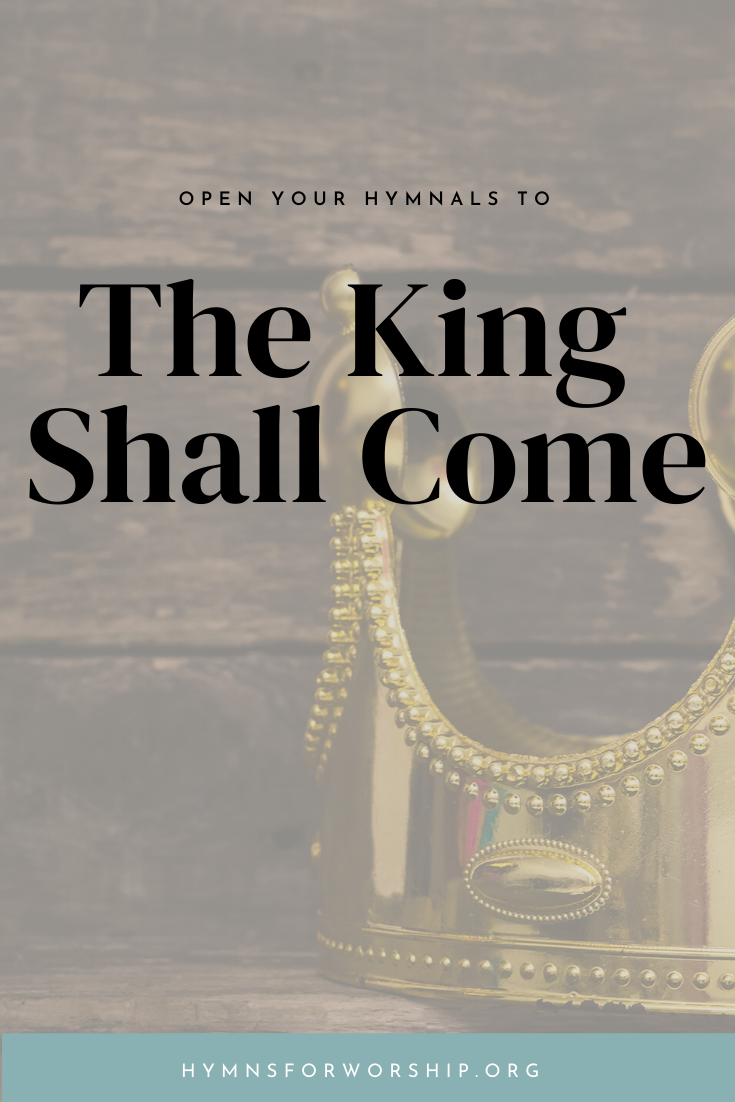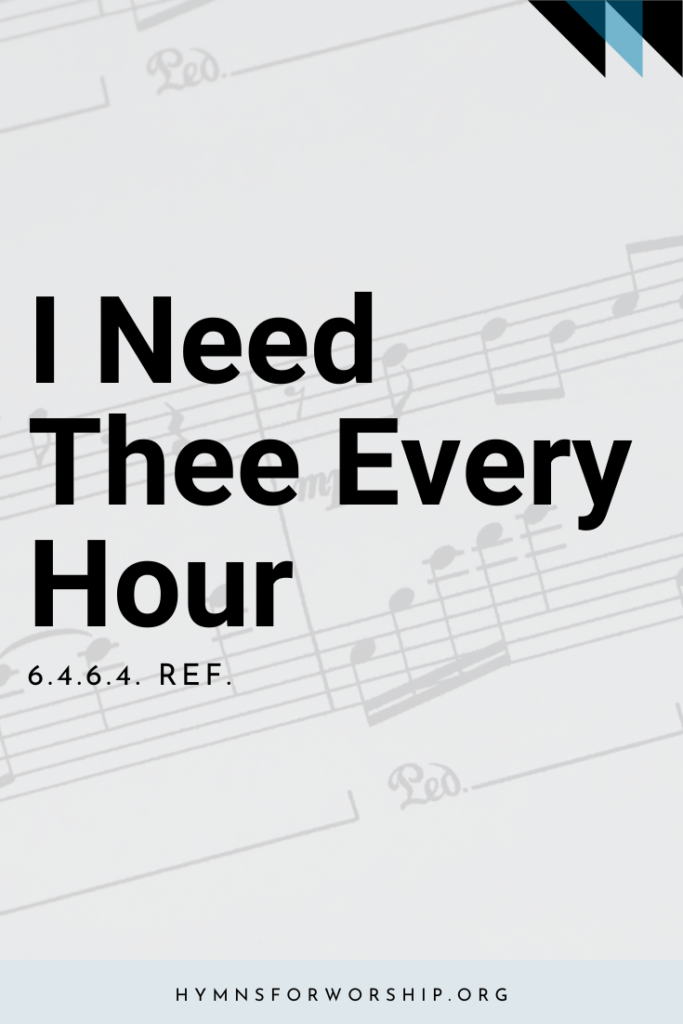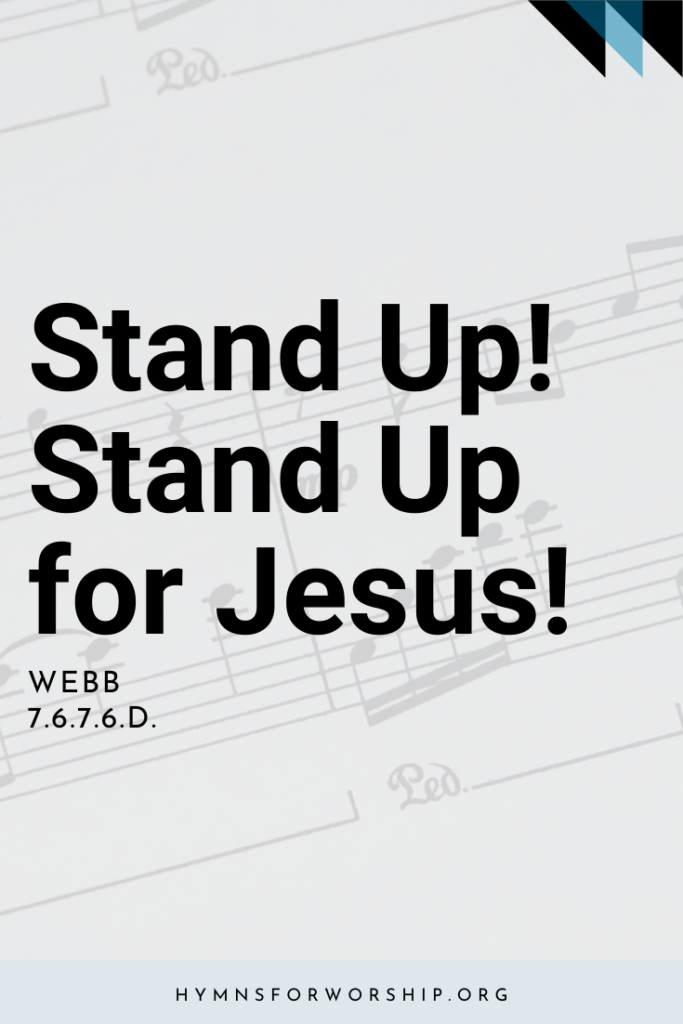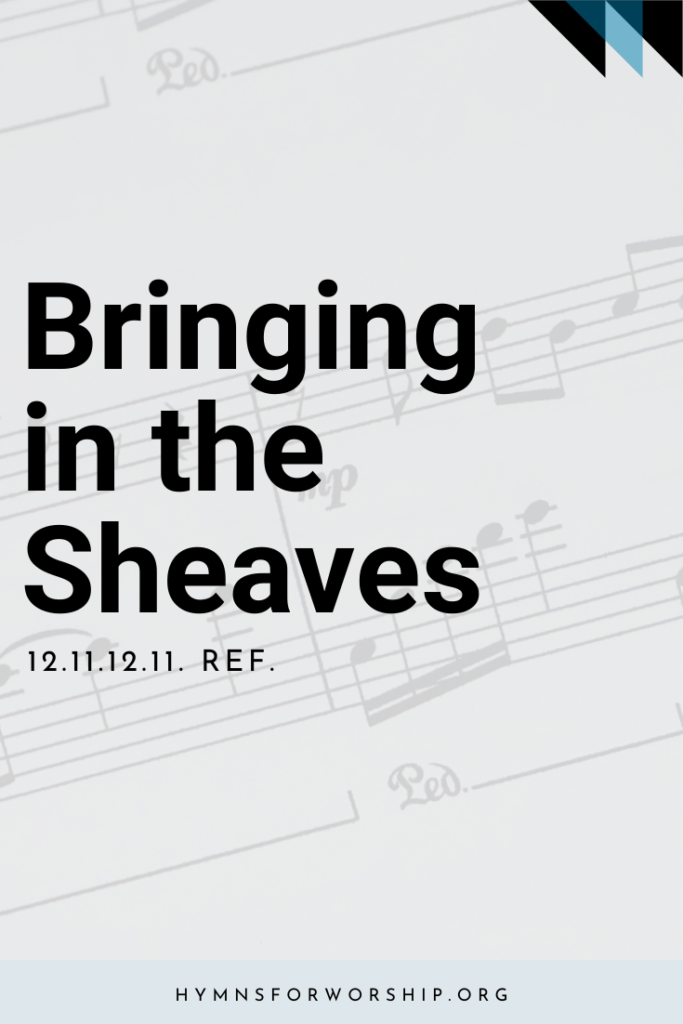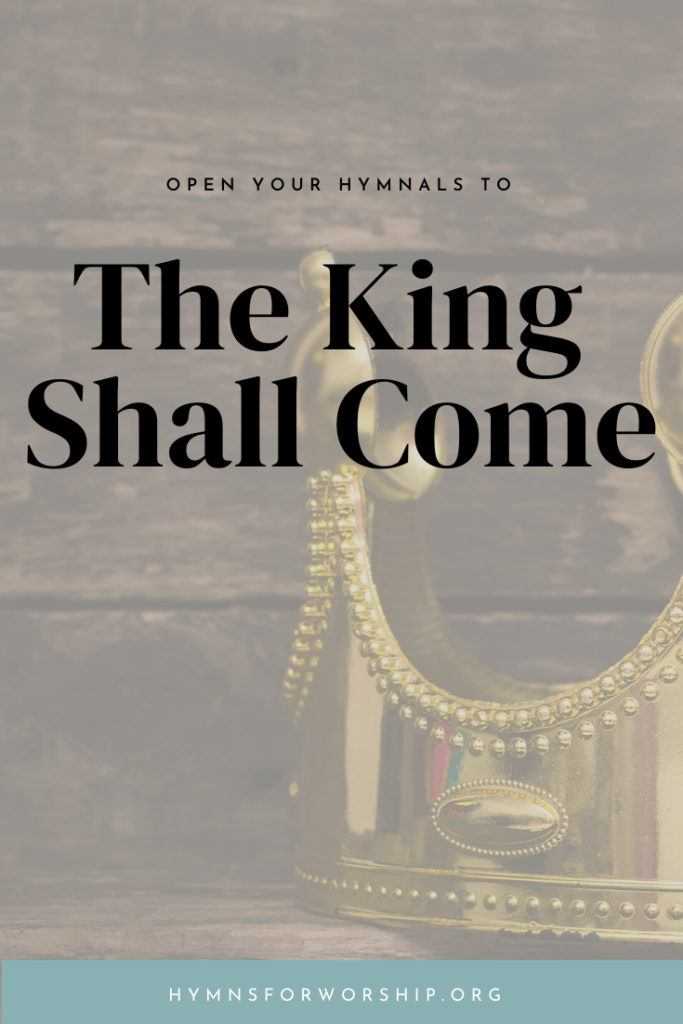
A very important part of the Seventh-day Adventist liturgy is the emphasis on the soon return of Christ. A second advent hymn is usually sung at the end of every Divine Worship service to leave a lasting impression on the church member’s mind as they go and face the new week.
The SDA hymnody is replete with hymns about the second advent, after all, it was the extensive knowledge about Christs’ imminent return that helped form the Seventh-Day Adventist Church.
In general, there are three kinds of second advent hymn –
- those that cry out for the Lord’s coming
- those that exhort us to live godly lives as we wait for Him
- and those that revel in the glory of His coming
“The King Shall Come” belongs to that third group.
Main Motif: Light
Its first verse declares the glory of the Lord’s coming as its theme: “The King shall come when morning dawns, and light triumphant breaks, when beauty gilds the eastern hills, and life to joy awakes.”
The writer of this hymn gives a chock full of references to light and its relation to Jesus’ glory. The glorious scene of golden beams coming forth, rising and ever increasing as the sun lights the sky is the a perfect imagery to the splendor of Christ’s physical coming.
Light may also be one of the most pervasive motif in Scripture. Light is the first and last work of God (Gen. 1:3 and Rev. 22:5, 16). God is referred to as the Light in numerous occasions (Exo 13:21; Psa. 27:1; Isa. 42:6, Isa. 60:1, John 1:9; John 8:12). We are to walk in, dwell in, and be partakers of his light (1 Pet. 2:9; 1 John 1:7; Ephesians 5:8; 2 Corinthians 4:6; John 12:35), and as a result we are to shine His light in the world (Matt 5:14-16).
Verse two, three and four is a play of contrasts between the glory of Jesus’ coming and with His birth and resurrection. This comparison is wonderfully crafted and shows that while the brilliance of the first advent and resurrection was glorious and one of the most magnificent events in history, His second coming will be even more outstanding.
The final verse reminds us of the great reward of His coming. We shall see His face (Rev 22.4). He will bring us out of our present darkness and into His glorious light (John 12.46). So let all God’s people pray, “Come quickly, King of Kings!”
God is light; and in the words, “I am the light of the world,” Christ declared His oneness with God and His relation to the whole human family.” 2 Corinthians 4:6. He is the light of sun, moon, and star. As the sunbeams penetrate to the remotest corners of the earth, so does the light of Sun of Righteousness shine on every soul.
F R O M H E A V E N W I T H L O V E , 313.
“I’ve Been Among the Angels”
Dr. John Brownlie is assumed to be the writer of this hymn. The main body of his recorded work involved translating Greek and Latin hymns to English. “The King Shall Come…” first appeared in a compilation of translated Greek hymns called Hymns from the East. However, an original Greek version of this hymn is amiss that many historians refer to Brownlie as the original writer himself.
Brownlie was born in August, 1857, in Glasgow, and there had his education in his in the Free Church College. In 1884 he became the assistant to the main pastor of Trinity Church, and succeeded him in 1890, a ministry that Brownlie continued for forty years.
The reverend was described to have a radiant spirituality, a beautiful character, and was faithful to the end, all of which was commemorated during his memorial service.
While John M. Neale served to be his inspiration in the work of translating hymns, Brownlie was known for his method and manner of interpretation of the Greek hymnody to be something relevant for his generation. Louis Benson described his work as having a spirit that was “deeply sympathetic with the Oriental point of view and fully appreciative of the Greek attainment in spiritual beauty, and the method of interpretation was that of transfusing the Greek originals into the manner and form of English congregational hymns.”
In Brownlie’s eyes, translating old hymns is akin to holding on to the treasures of the past. It was his way of coping with how life was travelling on too fast, and that at its speed, we have are losing important things that we should be carrying along the way. When asked about his work of translating, Brownlie would say, “I’ve been among the angels.”
During the last summer of his life, Brownlie suffered with neuritis. He underwent treatments, but pleurisy set in and ended his productive life.
MORNING SONG is a folk tune that has some resemblance to “Old King Cole,” a traditional English tune. It is attributed to Elkanah Dare, a Methodist minister and composer who contributed more than a dozen tunes to John Wyeth’s Repository of Sacred Music. It is also known as CONSOLATION as attributed in the Kentucky Harmony.

